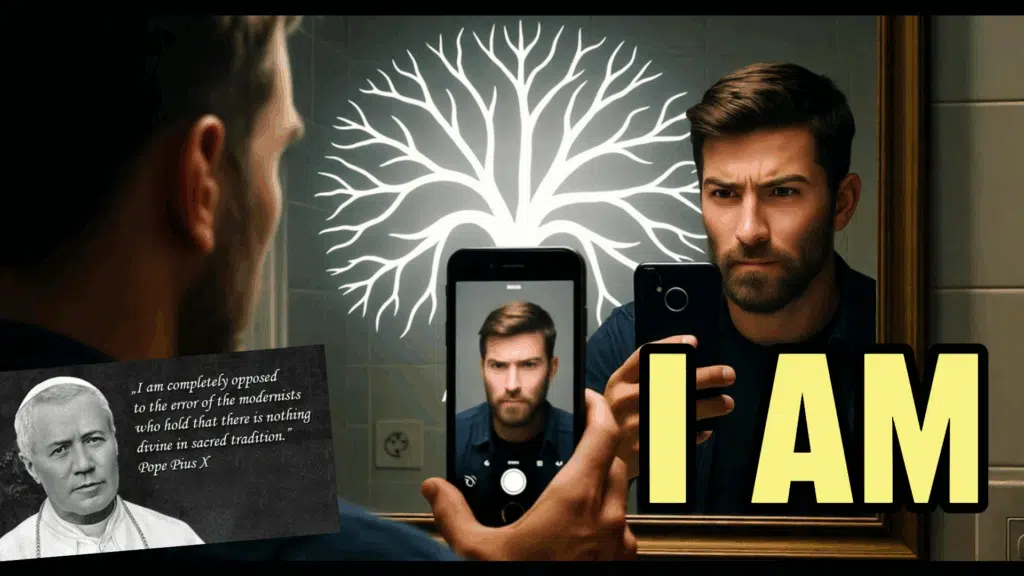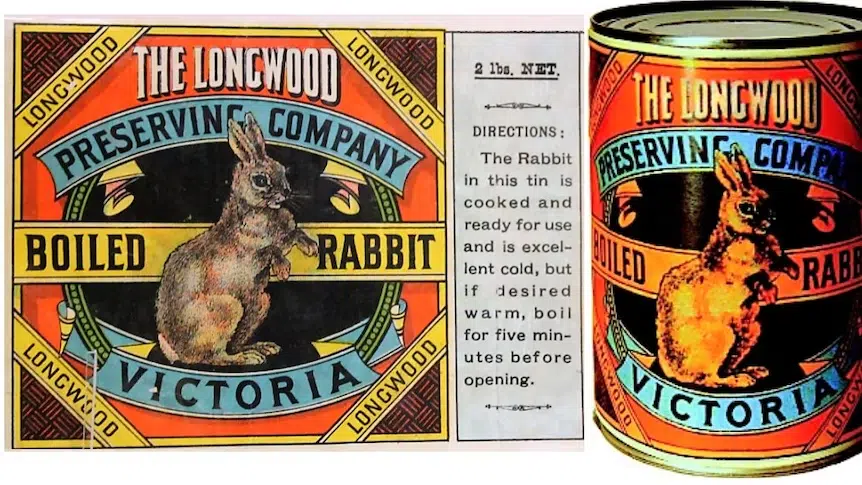
A Cloak, Sickle, And A Depraved Smile
MAID, an acronym for Medical Assistance in Dying, is a concept born out of compassion. It offers a choice to individuals who are suffering and near death, allowing them to decide when and how to end their lives. While I don’t claim to be an expert in the legal aspects of this, I do hold a personal perspective.
The regulations surrounding MAID differ significantly between the United States and Canada. The stark contrast between Canada’s swift move to deregulate MAID and the United States’ more cautious approach can offer valuable insights for both nations.
In 2016, Canada’s Parliament passed a law allowing eligible adults to ask for medical help to die. The law initially said that a person’s natural death had to be “reasonably foreseeable” for them to get this help. But it didn’t give a specific timeframe for what “reasonably foreseeable” meant. Courts decided that this didn’t mean the person had to be close to death. Instead, it meant that how or when the person would die should be reasonably predictable. The decision should be based on the person’s medical condition without necessarily predicting exactly how long they would live.
In 2018, two people from Quebec with serious and worsening medical conditions challenged a rule about MAID. The rule said that a person’s death must be expected soon for them to qualify. The court decided this rule was against the Canadian Charter of Rights and Freedoms. The government accepted this decision and changed the law in 2021. Now, people can qualify for MAID even if their death is not expected soon. The law says that a person must have a serious and incurable illness, disease, or disability and be in a very bad state that won’t get better. They must also endure long-lasting and unbearable suffering that can’t be eased in a way they find acceptable. Starting in March 2024, people whose only medical condition is a mental illness can also qualify for MAID.
In the United States, MAID is only legal in 10 states and the District of Columbia. These states are California, Maine, Oregon, Colorado, Montana, Vermont, New Jersey, Washington, Hawaii, and New Mexico. To be eligible for MAID in these states, a patient must have a terminal illness that will lead to death within six months.
Canada’s laws on MAID have been criticized for making it easier to choose death instead of addressing the root causes of patients’ suffering. MAID is fully covered by insurance in all Canadian jurisdictions. However, many Canadians struggle to access prescription drugs and essential health-related services such as housing, food, and disability support. Unlike other places where MAID is allowed, Canadian law does not require that all reasonable treatments be available before a patient can access MAID.
A 51-year-old woman from Ontario, who is severely sensitive to chemicals, chose MAID after spending two years searching for affordable housing that was free of cigarette smoke and chemical cleaners, but without success.
Canada’s law about MAID includes rules to ensure patients are not forced into it. These rules say that patients must understand and agree to MAID, agree to it on their own, and have independent people to check and witness the process. There are also waiting times between different steps. Some people worry that these rules might not be enough because there have been cases of people who felt they had no choice but to choose MAID.
The United Nations human rights observers, including the Special Rapporteur on the rights of persons with disabilities, are worried about Canada’s laws on MAID. They think these laws are unfair to people with disabilities and suggest that living with a disability is worse than dying. They say these laws may put at-risk people in danger and could break the Convention on the Rights of Persons with Disabilities, which Canada has agreed to follow.
Advocates of MAID argue that allowing only terminally ill patients to access MAID is controlling and prevents suffering individuals from making their own choices. Nicole Gladu, a Quebec resident with post-polio syndrome, successfully challenged the “reasonably foreseeable” criteria for MAID and said, “vulnerability is a concept used too much by controlling people in good health to stop MAID.” Some U.S. states that do not allow MAID or only allow it for patients with six months to live may be denying certain patients the right to die with dignity. Choosing to die peacefully may offer patients more dignity than the alternative, where death may be unpredictable and unpleasant.
When we think about the arguments for and against MAID, it’s important to figure out if a person’s suffering is only because of their physical condition or if social disadvantage also has a part in it. Some people may find MAID a way to die with dignity, but for others, it might mean living in undignified conditions because it offers a cheaper and easier way to end their suffering. Disability ethics professor Heidi Janz says, “People can’t really choose how to die until they can choose how and where to live.”
People with disabilities experience different challenges with MAID due to their socioeconomic status. Nicole Gladu, who has a disability, believes that her independence and experiences show that her disability doesn’t make her vulnerable. In contrast, Roger Foley, who lives in Ontario and has a degenerative neurological disorder, claimed that healthcare workers pushed him towards MAID instead of providing the home care assistance he needed. Gladu’s suffering was mainly due to medical causes, while Foley’s was largely due to the lack of appropriate care.
It’s really tough to create rules for MAID that let people like Gladu make their own choices about dying but also protect people like Foley from being taken advantage of. Canada’s loose rules could harm easily influenced people, while the U.S.’s strict rules might make some people suffer longer than they need to. A good approach could let people choose MAID if they’re suffering too much, even if they have more than six months to live. However, the rules should be more careful in protecting vulnerable people than Canada’s rules. Any kind of MAID should come with plans to make sure everyone has a fair chance at good health. People should have a chance to live with dignity before they think about ending their lives.
The differences between the U.S. and Canada were very evident when a recent BBC documentary titled “Better Off Dead” was released. Activist Liz Carr interviewed Dr. Ellen Wiebe, Canada’s most notorious euthanasia doctor and psychotic Ghoul. Wiebe is also involved in abortion services and is an advocate for Dying With Dignity, a group that advocates for expanded eligibility for assisted suicide in Canada. During her interview, Wiebe’s attempt to defend Canada’s euthanasia regime backfired when she allowed her inner fiend to be exposed, laughing and smiling while discussing ending the lives of patients.
“I love my job,” she told Carr. “I’ve always loved being a doctor, delivered over 1,000 babies, and took care of families, but this is the best work I’ve ever done in the last seven years. People ask me why, and I think, well, doctors like grateful patients, and nobody is more grateful than my patients now and their families.” Remember, her euthanasia patients are dead.
Carr questioned Wiebe several times on the threat euthanasia poses to vulnerable populations, but Wiebe was having none of it.
“I’ve certainly met people who are no more disabled than I am saying that life is not acceptable in this state, and I would say, ‘Hm, you and I are different,’ but not different in the sense of wanting to have some control.”
Carr then responded by saying, “For me, I’m concerned that giving the option and the right to a group of people puts another group of people at risk. But I don’t feel you see that as a worry.”
Wiebe then retorted:
“What you’re saying is to protect what you consider vulnerable people you are condemning others to unbearable suffering. But I am so glad, so glad that I’m a Canadian and that we have this law so that people can choose that or not choose that. But to say that somebody has to suffer like that is simply cruel.”
Translation: Wiebe dismisses the argument made by disability rights groups that people are vulnerable and that socioeconomic pressure and even coercion often accompany euthanasia.
In a report published in The New Atlantis by Alexander Raikin titled “No Other Options,” a suicidal man who was told he was ineligible because he had no serious illness and lacked “the capacity to make informed decisions about his own personal health” was cleared by Wiebe, who flew him to Vancouver and killed him there.
In 2020, Wiebe told her fellow physicians, “It’s the most rewarding work we’ve ever done.” Wiebe has also defended expanding eligibility for euthanasia for those who suffer only from mental illness.
In a MAID seminar, when answering the question of what doctors should do with patients who appear to be resisting euthanasia. She stated while laughing that the patient should be sedated.
In 2017, Wiebe sneaked into a Jewish nursing home that does not permit euthanasia and gave a lethal injection to an 83-year-old man. The event terrified Holocaust survivors at the home, and the appalled staff brought a complaint against Wiebe to the College of Physicians and Surgeons of British Columbia. The complaint against her was dismissed because MAID is legal in Canada, and Wiebe had not broken the law.
The clear difference between the U.S. and Canada is that Canadian law breeds people like Wiebe—heartless phantoms who will do anything to push their agenda without taking any circumstances into consideration. They claim there is no coercion, but by heartlessly pushing death, they incubate the idea that life’s challenging factors can only be cured by the grave.
Life isn’t easy for many, but that doesn’t mean that you end it. Unless the direst circumstances exist, suggesting otherwise is indoctrination of an outcome that shouldn’t be considered. However, that’s what the left does best, indoctrinate and coerce with no thought or care about the outcome.



